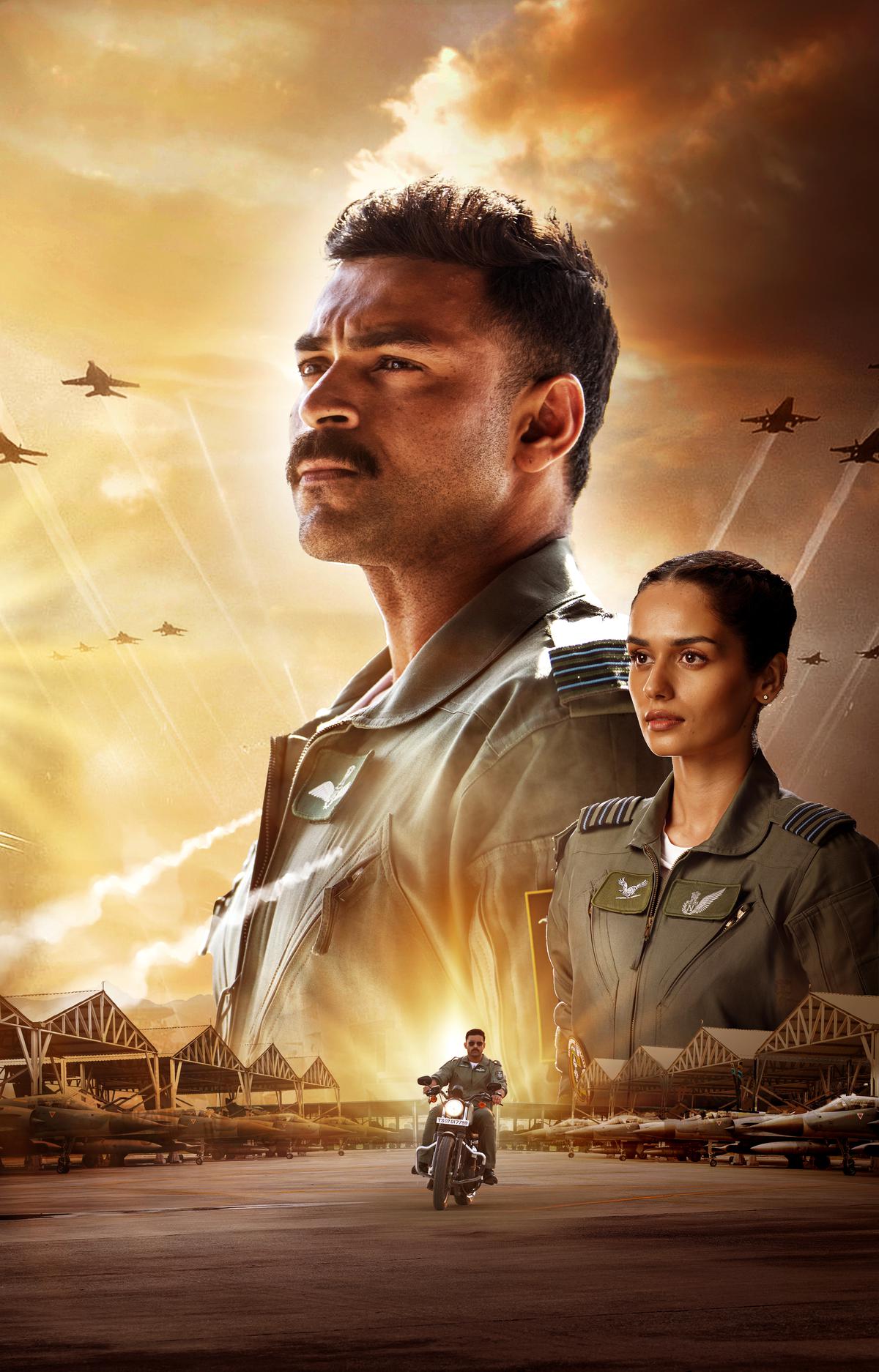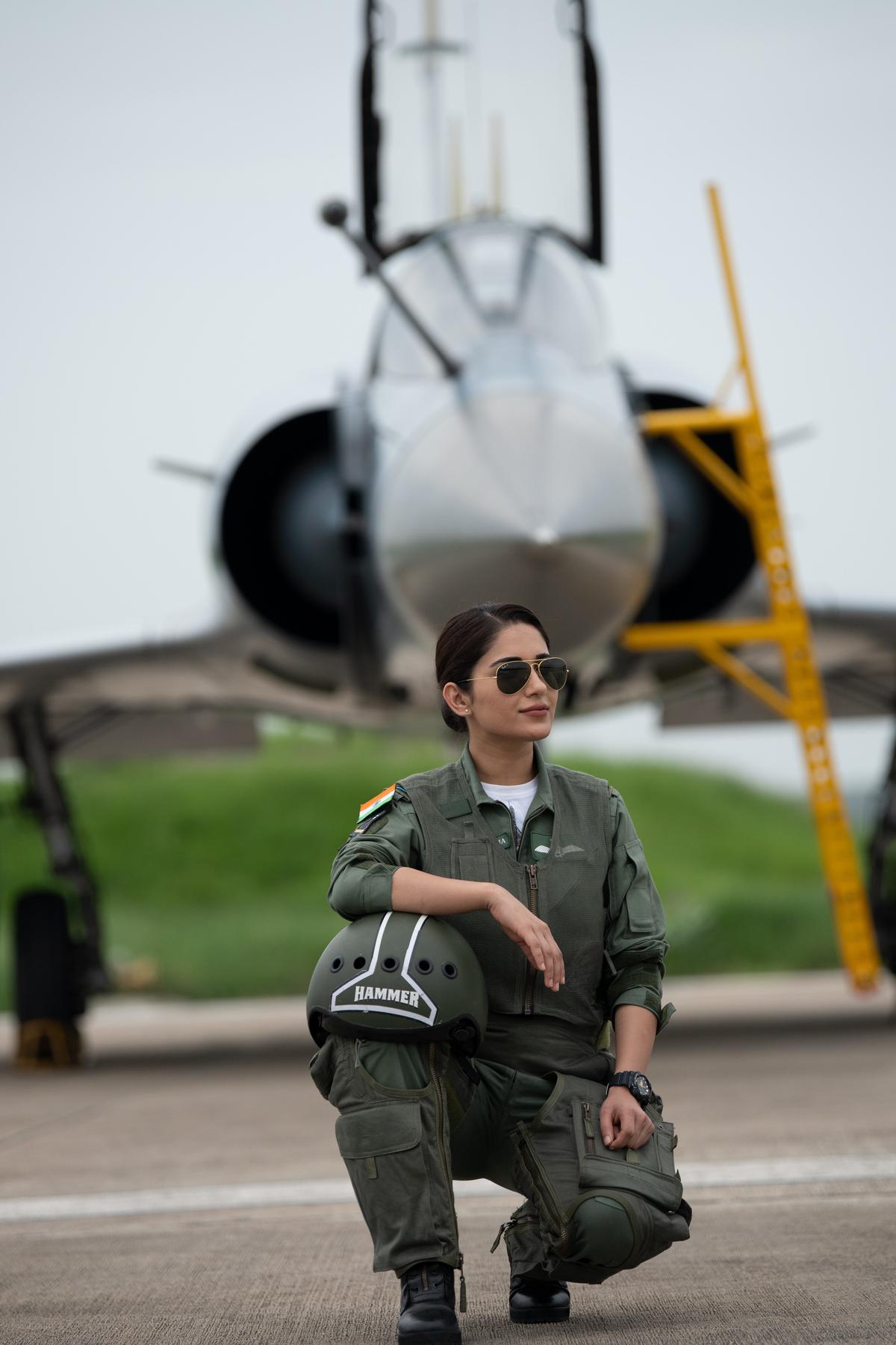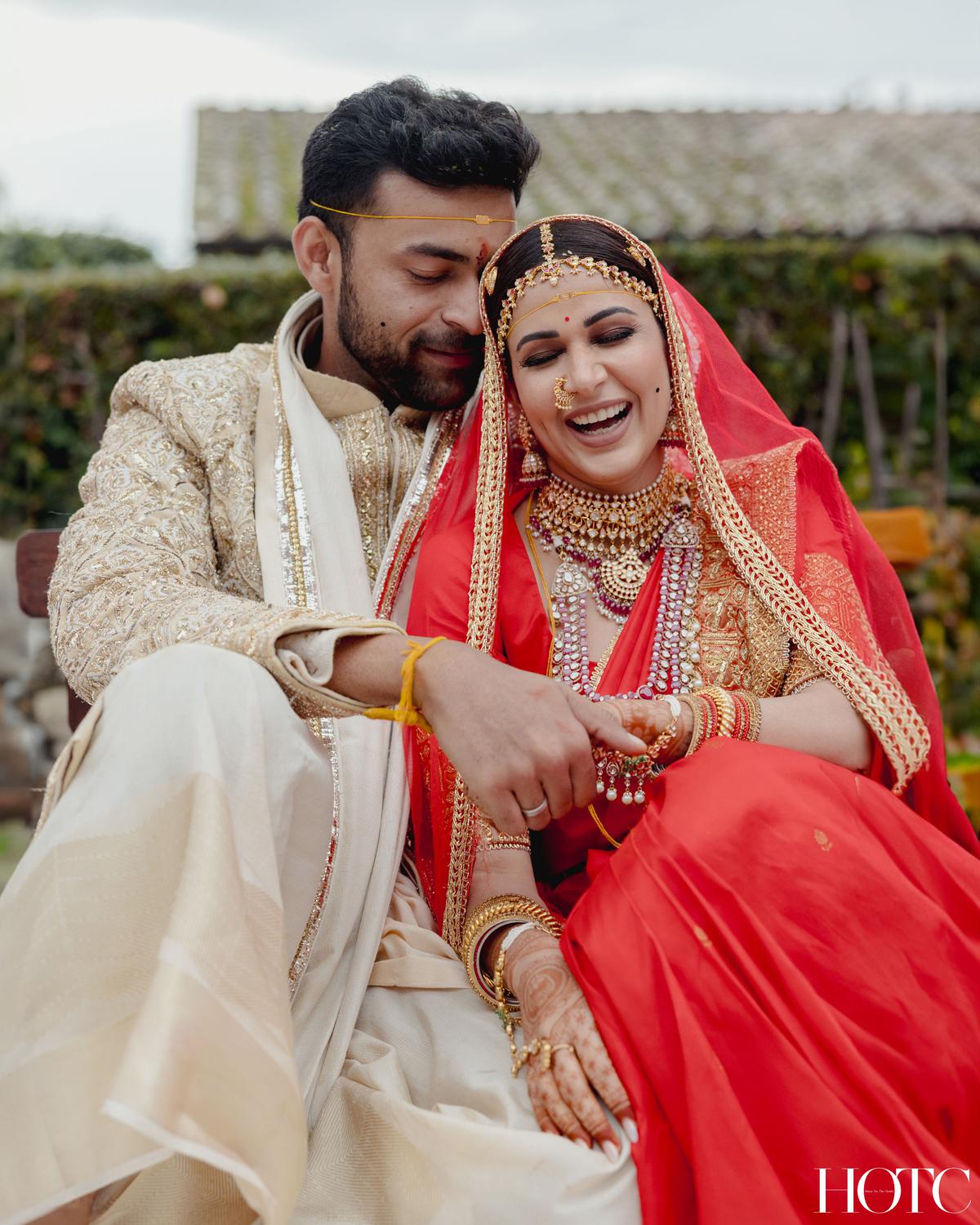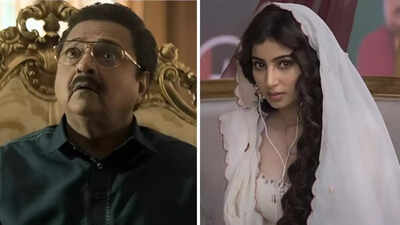Superhero collectibles dot the open shelves of actor Varun Tej's office in Hyderabad. An ardent fan of superhero comics and movies, he has accumulated showpieces over the last decade. He has given away several to his friends and still has quite a few that perk up his office decor. He settles down for an interview with The Hindu in the context of his Telugu-Hindi action entertainer Operation Valentinescheduled to release on March 1, and will mark his debut in Hindi cinema. Incidentally, he has also completed a decade in cinema.
He vividly remembers beginning to film for his debut project Love you on February 27, 2014. “I had always wanted to be an actor; it was a dream come true.” He reckons how things have changed since then. “Our notion of mainstream and experimental cinema was different. Kanche(2015) was an experiment then; today, it would be mainstream. I’ve been learning to stay updated,” he says and adds that it does not feel like a decade since “the pandemic ate up three years.”
Varun revived his reading habits during the pandemic. “My dad (actor Nagababu) encouraged me to read since it helps an actor to visualise a story while listening to a narration or going through a script.” The actor is on the verge of completing Sapiens: A Brief History of Humankind by Yuval Noah Harari.
The ‘Fighter’ comparisons
In the last few days, he has been travelling and promoting Operation Valentinedirected by first-timer Shakti Pratap Singh Hada. The film features Varun Tej as a fighter pilot engaged in the Balakot airstrike following the Pulwama attacks. The trailer hints at an inside view of the life of fighter pilots in the Indian Air Force (IAF) and how they carried out the covert operation.

Varun Tej and Manushi Chillar in the Telugu-Hindi film ‘Operation Valentine’
| Photo Credit:
Special Arrangement
Varun addresses the elephant in the room — the comparisons with director Siddharth Anand’s Fighterstarring Hrithik Roshan and Deepika Padukone as fighter pilots. Operation Valentine came his way at the fag end of 2020 when director Shakti contacted him through a mutual friend in Mumbai. Apart from being moved by the story based on true incidents, Varun expressed interest since war-based stories are rarely explored in Telugu cinema. “Hindi cinema has been doing it for ages,” he says, mentioning watching Border while growing up. He agrees that post-Uri: The Surgical Strikethere has been more interest in war-based films. “Our story is inspired by the lesser-known backend operation.”
Sony Pictures, which was keen on collaborating for another project with Varun that did not take shape, felt that Operation Valentine had the potential to be made in Hindi and Telugu. “The script was then submitted to the Ministry of Defence (MoD) for approval. It was a long process with several heads of the departments having to clear it. We were told that nine to 12 scripts were waiting for clearance at the MoD, based on the same events. We did not know about Fighter or Tejasuntil the teasers and trailers were unveiled. By then our project was well underway.”
Varun is acutely aware of how movie buffs who watch films in multiple languages might quickly draw comparisons with Fighterwhich was in turn compared to Top Gun Maverick. He reckons that for films such as Fighter or Operation Valentine stemming from the same set of real incidents, each filmmaker has different interpretations and dramatised characters with certain emotional graphs. “Our excitement came from the fact that Telugu cinema has not witnessed mid-air combats. In the beginning, we were told this is an experiment but I see it as a mainstream film with universal appeal,” Varun asserts.
Proximity to IAF and research
He was also drawn by Shakti Pratap’s meticulous research. “He sent me a showreel he had done about the Balakot airstrike. The video had gone viral and the IAF got in touch with him. They appreciated his work but were curious about how he had so much information; they told him that the next time around, he should seek permission and they would be willing to cooperate.” Shakti went on to film a few videos for the IAF, for internal purposes, when new fighter aircraft were launched. Since he knew the Air Force closely, he had ample research material.

Ruhani Sharma as a fighter pilot in ‘Operation Valentine’
| Photo Credit:
Special Arrangement
Shakti, having worked as an assistant director and visual effects supervisor for a few Hindi films, had once aspired to be a pilot but did not make the cut due to minor vision issues. “He has a passion for the armed forces as well as cinema and this film brings both together,” says Varun. The decision to do a bilingual, says Varun, was also made once they knew there was a budget to promote the film in both languages.
A considerable portion of Operation Valentine was filmed at the Gwalior air base. “It is one of the busiest air bases and had 10-12 squadrons when we were filming. All this worked in our favour,” Varun recalls. “There were multiple takeoffs, landings and sorties that we could film. All the footage was sent to the IAF for approval; they would filter what needed to be deleted for security purposes.”
Devil is in the details
Since the film team was keen on getting the nuances right, from the pilots’ clothes to badges, designations and salutes, they had on set two personnel from the Air Force — a public relations person and a former radar officer. “There is a 15 to 20 degrees variation in how the army, navy and air force salute. We looked into such details.”

Varun Tej and Lavanya Tripathi Photo Credit: Special Arrangement
Script reading sessions, workshops and meeting Air Force officers helped Varun and his co-actors (Manushi Chillar, Navdeep, Ruhani Sharma and others) understand the nitty-gritty of the operations. Once he became aware of the physicality and the psyche of combat pilots, Varun interpreted it in his own way. “Sometimes the director would have a different vision. Then we would discuss and arrive at a middle ground. We were also keen to put the emotions at the forefront so that the narrative does not get too technical.”
Varun took Hindi diction classes for two months. “Most of the Hindi I know is through movies; I can understand and speak a little, but I am not fluent. The training helped me speak the lines on set and dub.” He observes that his voice has a stronger base in Hindi than in English and Telugu.
Lavanya, co-star to friend and life partner
When the conversation veers towards his romance with actor Lavanya Tripathi, to whom he got married in November 2023, Varun says the two were friends for four to five years before taking the relationship forward. It was a conscious decision to keep their relationship private. “We both prioritise our careers. She has come from Dehradun to work here and has had a set of challenges and I have had mine..”
Varun was keen that the relationship should not affect how the film industry perceives Lavanya, “I did not want anyone to think that because Lavanya is dating me, she will not work with a certain section of actors.”
He mentions how at a recent media interaction he was irked by a question if Lavanya would continue to work after marriage. “I asked the senior journalist why he was not posing a similar question to me. My sister (Niharika) is working and so is Sushmita (his cousin; Chiranjeevi’s daughter). I think people’s mindsets should change.”
While he hopes that the audience connects to the drama and the emotions in Operation Valentinehe mentions that his next film, Travelwill have him play a character with grey shades. “During Gaddalakonda GaneshI realised that enacting a grey character gives an actor more room to push the boundaries and experiment without limitations. I want to be versatile while delivering entertainment, which is why I became an actor in the first place.”
Taking stock of his last few films, he admits that the sports drama Ghaniturned out to be “generic” while Gandeevadhari Arjuna did not resonate with the audience. “Perhaps we did not get the balance between the entertainment quotient and messaging of environmental concerns right.” Varun discloses that he talks to his friends to dispassionately get feedback about his films. “A friend told me recently that he doesn’t care where his waste goes. Maybe a lot of people think that way and while narrating a story about environmental hazards, we need to convey the emotions better.”





